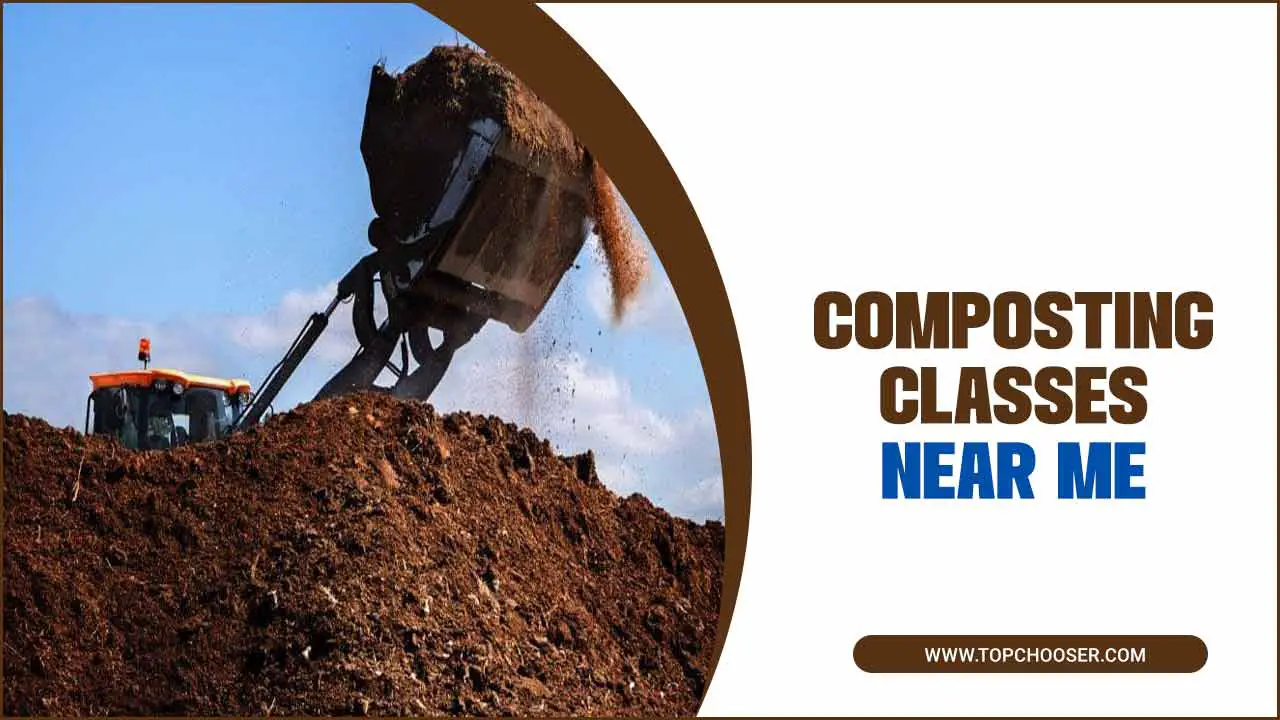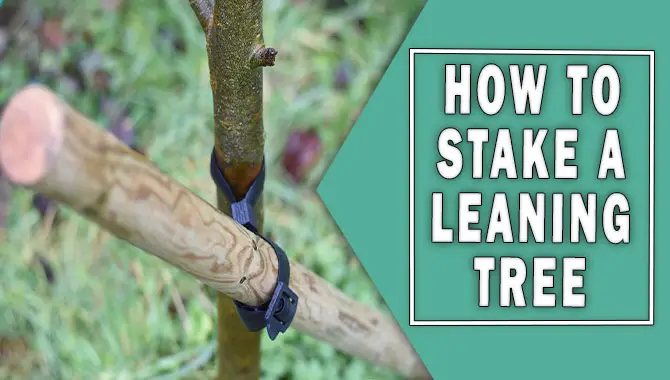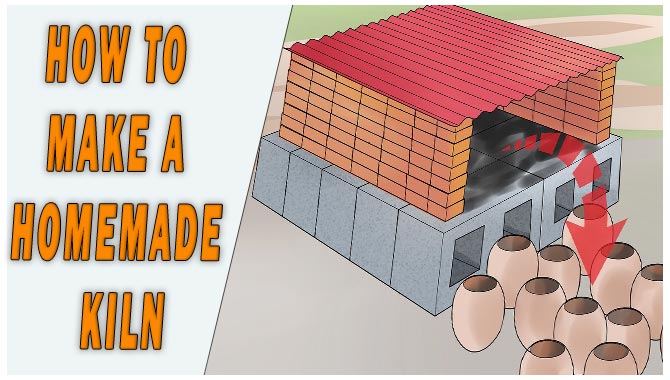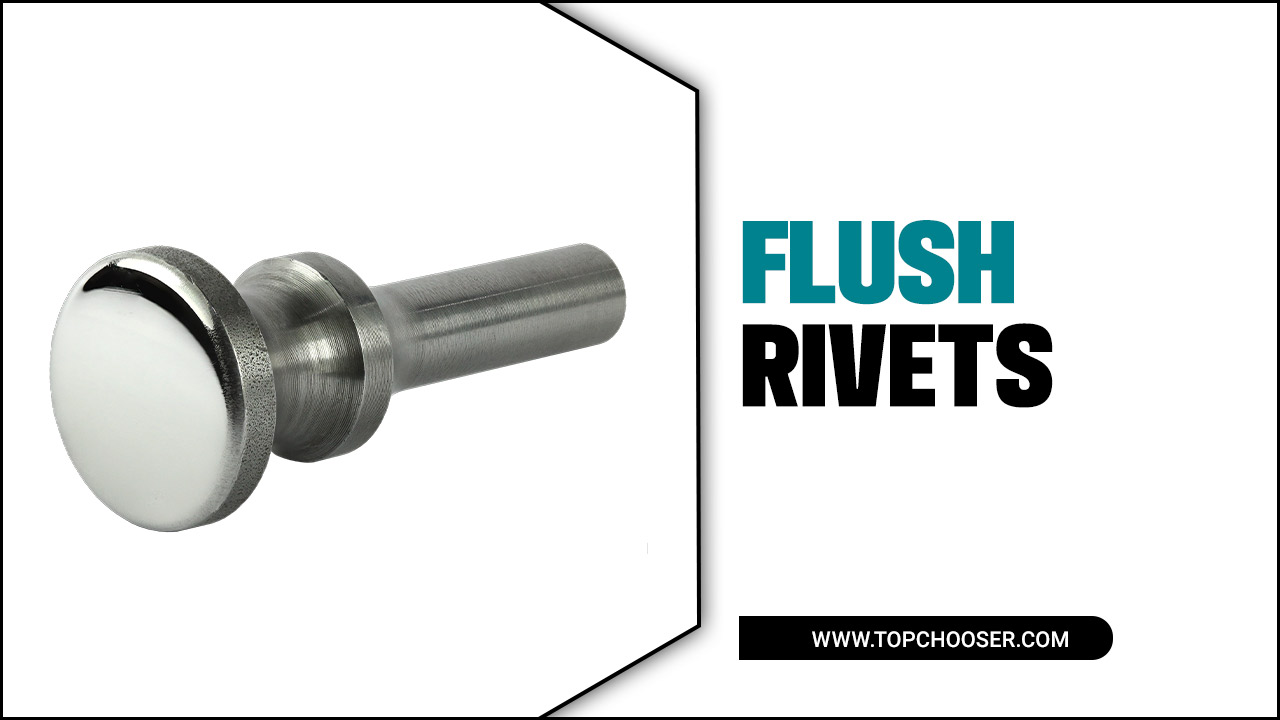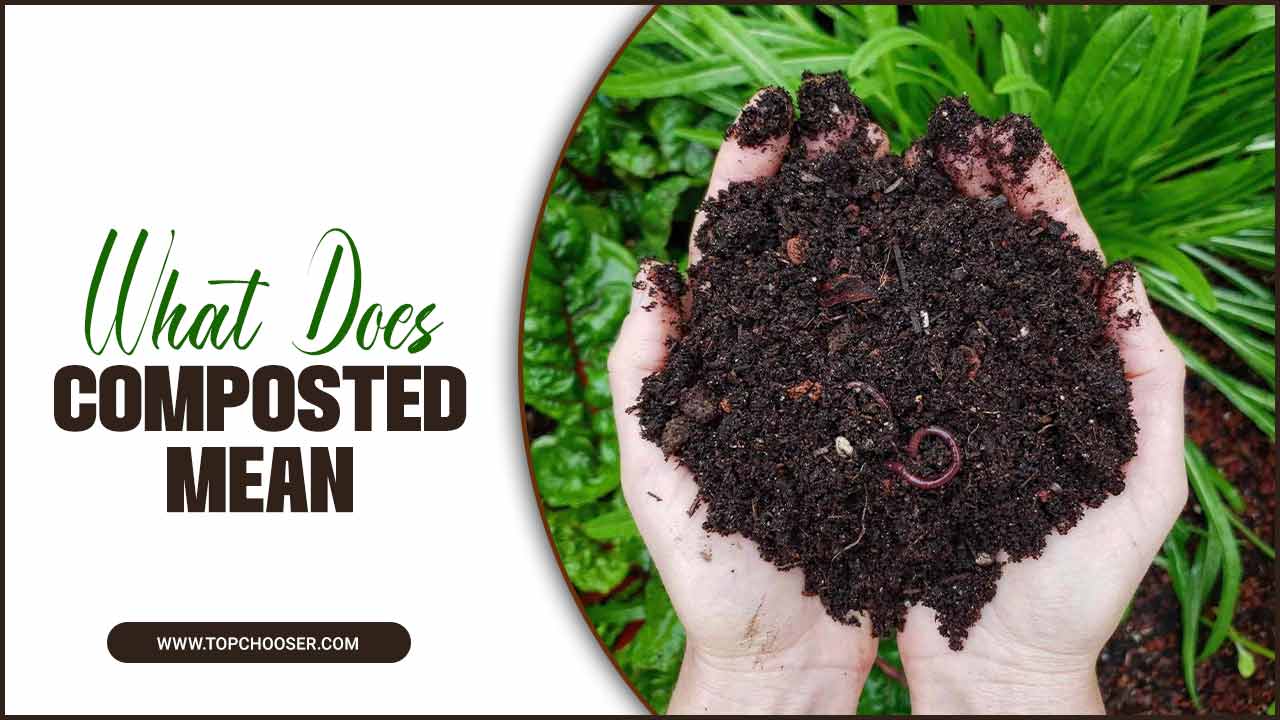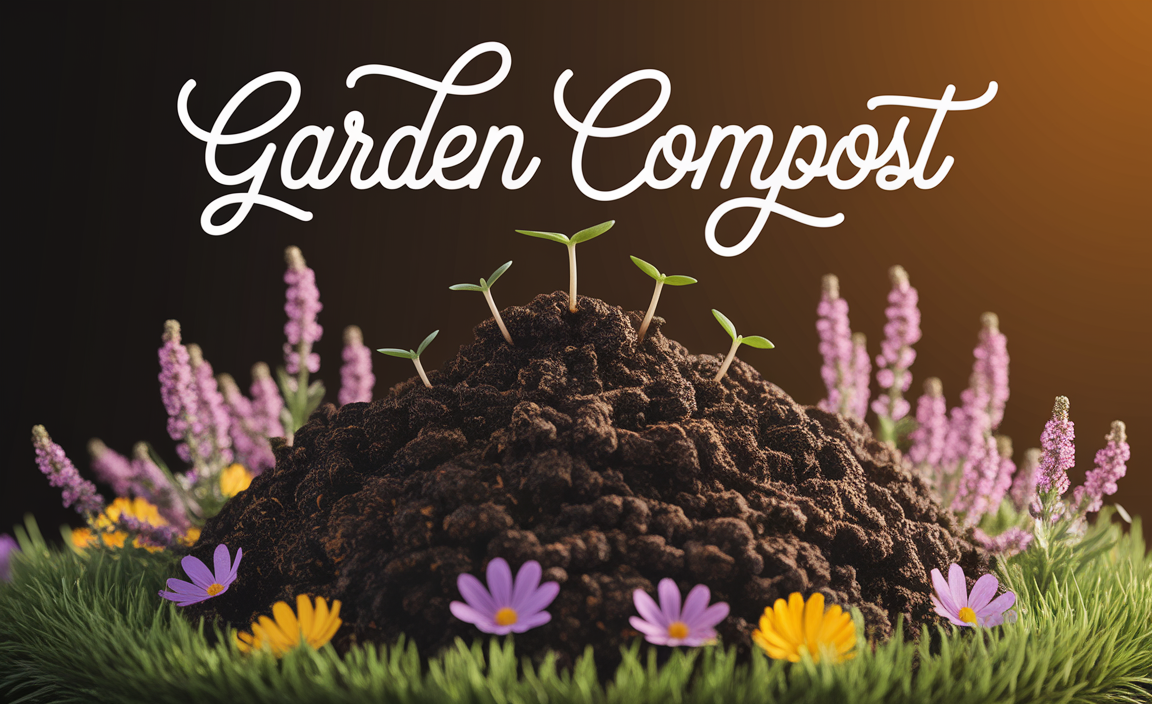As urbanization continues to accelerate, it’s essential that we find sustainable solutions to address the challenges of living in small spaces. One promising solution is composting, a process that transforms food scraps and other organic materials into nutrient-rich fertilizer.
Composting in small spaces not only reduces the amount of waste going into landfills but also improves soil quality and supports healthier plant growth. However, composting can pose a challenge in small spaces with limited outdoor space or access to soil.
We’ll explore sustainable solutions for urban dwellers who want to compost but don’t have the luxury of a backyard garden. We’ll cover different types of composting setups that are ideal for small spaces. Such as worm bins, bokashi composting, and countertop composting. This also shares tips on how to manage odor, pests, and other potential issues that may arise when composting in an urban environment.
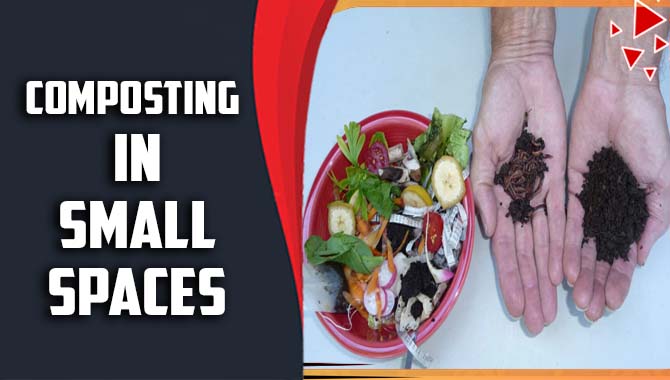
Using Composting In Small Spaces
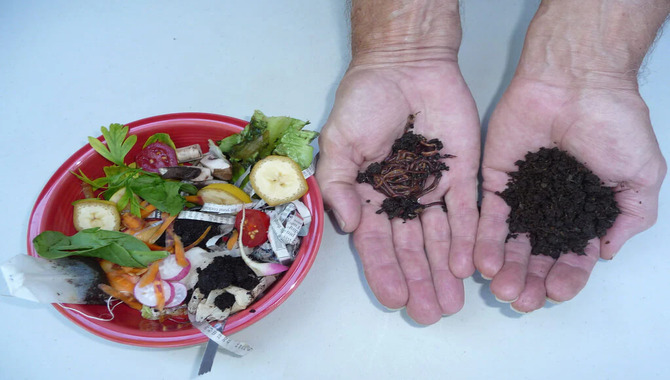
Composting is a sustainable way of recycling organic waste and turning it into nutrient-rich fertilizer for plants. It’s a great way to reduce waste and promote healthy soil. But many people assume that it requires a large backyard or outdoor space.
People can do composting in small spaces, such as balconies, patios, or even indoors. One option is to use a worm composting system, also known as vermicomposting. This involves keeping a bin filled with red worms and organic waste. Such as fruit and vegetable scraps, coffee grounds, and shredded paper.
The worms break down the waste into compost, which people can use to fertilize plants. You can do this indoors or outdoors, as long as you keep the bin in a cool, dark place and maintain it properly. Another option is to use a compost tumbler, which is a compact and efficient way to compost in small spaces.
Types Of Composting Methods For Small Spaces
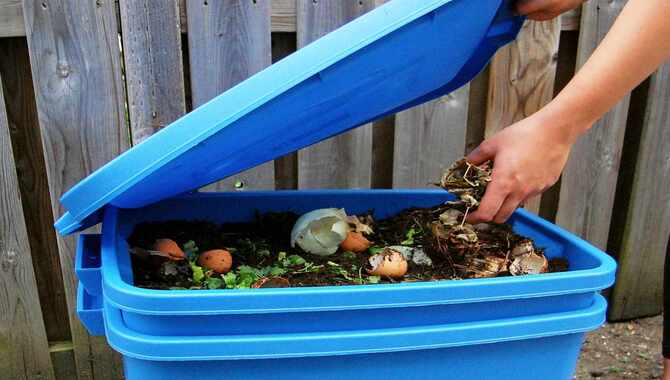
Composting is a great way to reduce waste and create nutrient-rich soil for plants. However, for those living in small spaces like apartments or condos, finding the right composting method can be a challenge. Luckily, there are several types of composting methods that are perfect for small spaces.
One popular option is vermicomposting, which involves using worms to break down organic matter. This method requires a small container, some bedding material, and a handful of red worms. Another option is bokashi composting, which involves fermenting food waste using a special mix of microorganisms.
This method is great for small spaces because it can be done indoors and doesn’t produce any odor. A third option is hot composting, which involves creating a pile of organic matter that heats up and breaks down over time. While this method requires more space than the other two, it is still possible to do it in a small backyard or on a balcony.
Materials Suitable For Composting In Small Spaces
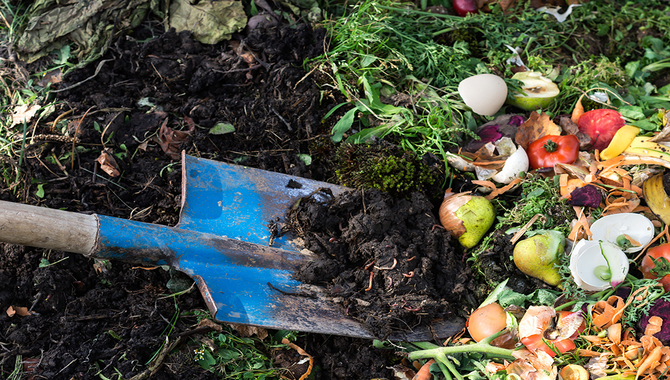
Composting in small spaces can seem like a daunting task, but with the right materials, it can be a breeze. One of the most important things to consider is the types of materials that are suitable for this. Organic matter, such as fruit and vegetable scraps, eggshells, and coffee grounds, are great choices for composting.
You can easily collect these materials in a small container and add them to a compost bin or pile as needed. Other suitable materials include yard waste, such as grass clippings and leaves, and shredded paper or cardboard. It’s important to avoid adding anything that could attract pests or take too long to break down.
Such as meat, dairy, or large branches. One great option for small-space composting is using a worm bin. Which allows for composting in a contained environment with minimal odor. By using the right materials and techniques, composting in small spaces can not only benefit the environment but also provide nutrient-rich soil for gardening.
Choosing The Right Composting Container
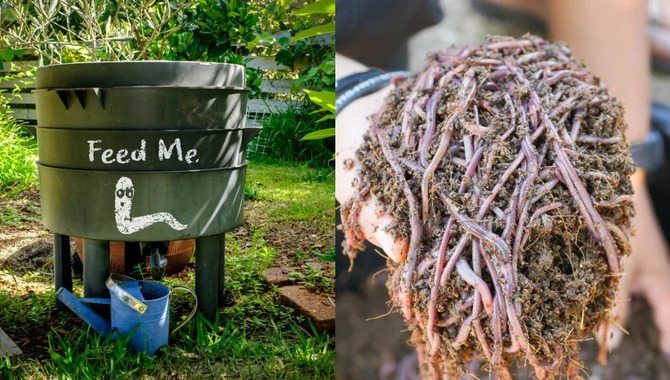
Choosing the right composting container can be a daunting task, especially for beginners. When it comes to composting, the container you choose can make a significant difference in the success of your composting efforts. There are several types of composting containers available in the market, including tumblers, bins, and composting bags.
Tumblers are ideal for those with limited space as they can be easily turned and require minimal maintenance. Bins are a popular choice because they come in different sizes and are convenient for those with larger gardens. Those who want an eco-friendly option that can be easily transported should use composting bags.
When selecting a composting container, it’s important to consider factors such as the size of your garden. The amount of waste you generate, and your available space. You should also consider the materials used to make the container. For instance, plastic composting containers are affordable and lightweight but may not be as durable as metal or wooden containers.
Eco-Friendly Composting Containers For Balconies
Sustainable Solutions for Urban Dwellers: Composting in Small Spaces is a document that focuses on eco-friendly composting options for individuals who live in small spaces such as balconies. One of the solutions we recommend is the use of composting containers that are specifically designed for balconies. These containers are designed to be compact and space-efficient, making them ideal for small living spaces.
These eco-friendly containers come in various sizes and styles. With some being made from recycled materials to further promote sustainable living. They are perfect for composting organic waste such as vegetable scraps, coffee grounds, and eggshells, which can then be used as a nutrient-rich fertilizer for plants.
Apart from being space-efficient, these containers also come with features that make composting easy and hassle-free. Some have a trap door at the bottom for easy removal of compost, while others come with a built-in mixing system that ensures proper aeration and decomposition.
Using eco-friendly composting containers for balconies is an excellent way for urban dwellers to reduce their environmental impact while promoting sustainable living. It is a simple solution that can make a significant difference in reducing organic waste and promoting healthy plant growth.
Indoor Composting Options For Apartments
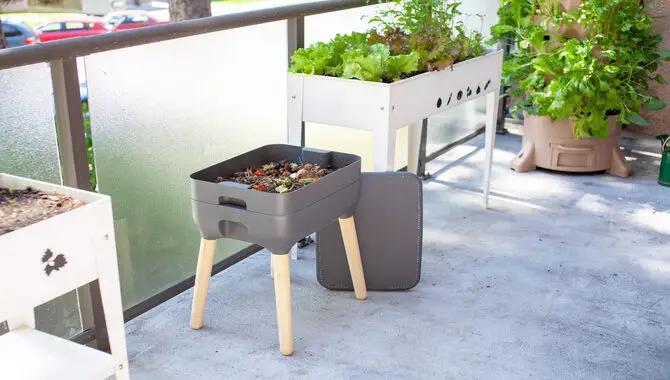
Sustainable Solutions for Urban Dwellers: Composting in Small Spaces is a document that aims to provide environmentally conscious individuals with options to reduce their carbon footprint even in small living spaces. One of the most effective and efficient ways of reducing waste and providing nutrient-rich soil for plants is through composting.
However, composting in small living spaces such as apartments can be challenging. Luckily, there are indoor composting options available that are perfect for small living spaces. In this document, we will explore two indoor composting options that are ideal for apartment living:
worm composting and bokashi composting systems. These systems are easy to use, require minimal space, and can provide a sustainable and eco-friendly solution. To manage organic waste in your apartment.
Sustainable Composting Tips For City-Dwellers
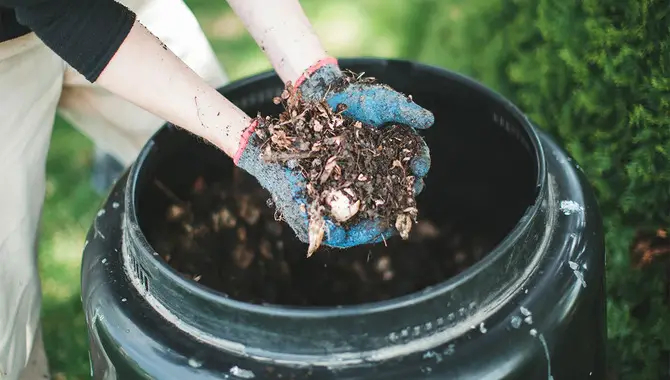
Sustainable composting is an excellent way to reduce household waste and create nutrient-rich soil for gardens and plants. However, it can be challenging for city dwellers who live in apartments or homes with limited outdoor space.
Fortunately, there are several sustainable composting tips for urban dwellers that can help reduce waste and create compost in small spaces. This document titled “Sustainable Solutions for Urban Dwellers: And will explore five practical composting tips for city-dwellers looking to reduce their environmental impact and create nutrient-rich soil for their plants.
These tips include choosing the right composting method, using compostable materials, managing odors, monitoring moisture levels, and incorporating the compost into your gardening routine. By implementing these tips, you can create a successful and sustainable composting system that fits your urban lifestyle.
Essential Tricks Of Composting In Small Spaces
Composting is an essential process for those who want to reduce waste and enrich their soil. However, it can be a challenge for those who live in small spaces. Despite these limitations, there are several tricks for composting in small spaces.
One of the essential tricks is to use a compost bin that fits your space. You can choose from a variety of options, including plastic bins, tumbler bins, and worm composting systems, depending on your needs and available space.
Another critical trick is to use a balanced mix of browns and greens, which refers to carbon-rich and nitrogen-rich materials, respectively. Browns can include dry leaves, sawdust, or shredded newspaper, while greens can include vegetable scraps, fruit peelings, or grass clippings. It is also essential to turn the compost regularly to ensure proper aeration and decomposition. This can do with a pitchfork or a compost tumbler.
Conclusion
Composting in small spaces is a feasible solution for urban dwellers who are committed to reducing waste and promoting sustainable living. By implementing small-scale composting techniques such as vermicomposting, bokashi composting, or compost tumblers. Individuals can effectively manage their organic waste and produce nutrient-rich soil for their indoor or outdoor plants.
While there may be some challenges associated with composting in small spaces, such as odor control and space constraints, these can be overcome with proper planning and management. Overall, composting in small spaces is a simple, cost-effective, and environmentally friendly solution that can help urban dwellers play their part in creating a greener future.
FAQs
[rank_math_rich_snippet id=”s-e537a0c3-ce0d-41e4-a099-508b96270081″]

I am passionate about home engineering. I specialize in designing, installing, and maintaining heating, ventilation, and air conditioning systems. My goal is to help people stay comfortable in their homes all year long.

